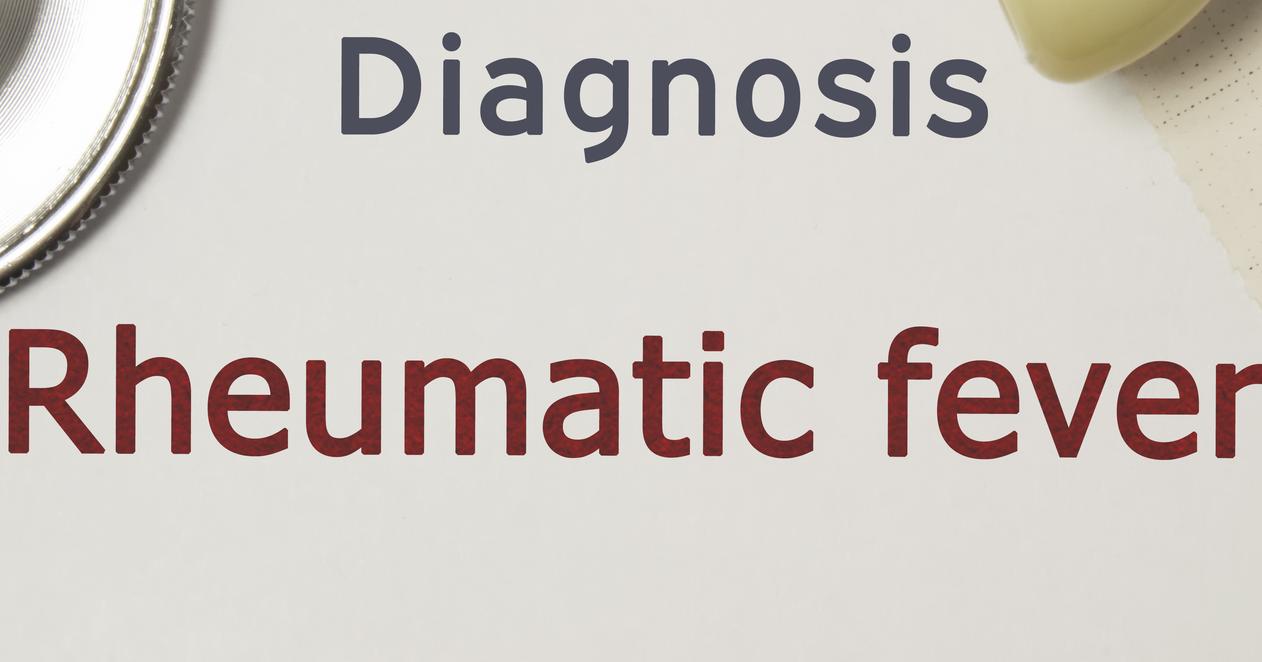Guide To The Causes Of Heart Murmurs
A heart murmur is a condition where an individual's heart makes swishing or whooshing sounds during the cycle of their heartbeat. These noises can only be heard through a stethoscope. They are caused by the turbulent movement of blood in the heart. The normal noises that the heart makes during the heartbeat are described as 'lubb-dubb' when the heart valves are closing.
There are many different treatments for heart murmurs out there. Innocent heart murmurs often need underlying condition treatment, such as antithyroid medication for hyperthyroidism. Patients who need heart murmur treatment may also need diuretics or other medications. Blood thinners for heart murmurs are an option, as are statins for high cholesterol and beta blockers. Heart murmur surgery is also a major treatment. Of course, the best treatment for heart murmurs varies based on the cause. Learn about the causes now.
Exercise

Some heart murmurs can be caused by exercise and other conditions where the blood flows at a high rate of speed through the heart. This type of heart murmur is referred to as an innocent heart murmur or physiological heart murmur where the noise is present, but there are no structural defects or abnormalities in the heart. Many experts believe that this form of exercise-induced heart murmur is a sign of enhanced cardiovascular fitness and not a heart abnormality.
The heart of an athlete who undergoes intense training may become slightly enlarged as an adaptive measure to these exercise regimens. This slight enlargement allows the heart to pump a greater volume of blood with every beat. This higher than normal amount of blood flowing through the heart upon each beat can even be as significant as a gushing noise heard through a stethoscope. This type of heart murmur is most prevalent among young individuals and those who participate in endurance and aerobic sports. This form of heart murmur can be distinguished from a dangerous heart murmur by listening to the pitch and timing of the murmur.
Rheumatic Fever

Rheumatic fever can negatively impact numerous tissues around the body of the connective variation, including those of the heart, skin, joints, and brain. When an individual's heart is affected by rheumatic fever, it is usually associated with damage to the mitral valve or aortic valve. Heart valves are structures in the heart made of connective tissues that contain several leaflets. These valve leaflets open and close to allow blood to flow in and out of the chambers correctly.
When the leaflets that make up the heart valves are infected by the bacteria that cause rheumatic fever, they can become damaged and scarred. The damage and scarring of the heart leaflets can cause them to become abnormally stiff or too loose to close properly. The valve abnormalities can cause blood to flow backward or forwards in an irregular and turbulent manner. These irregular movements of the blood in an affected individual's heart can produce a heart murmur.
